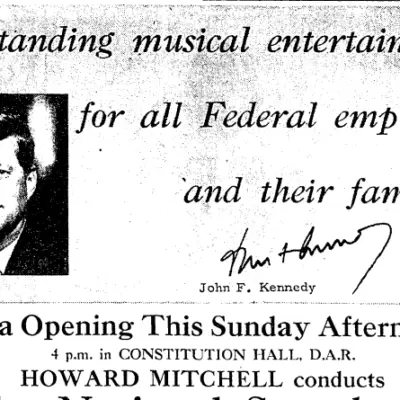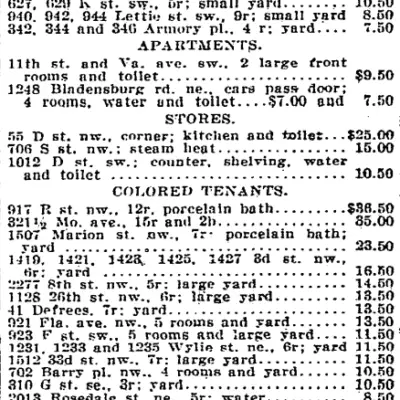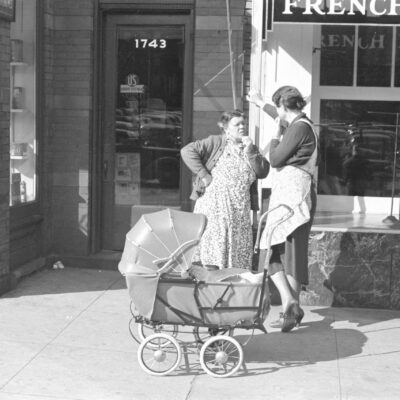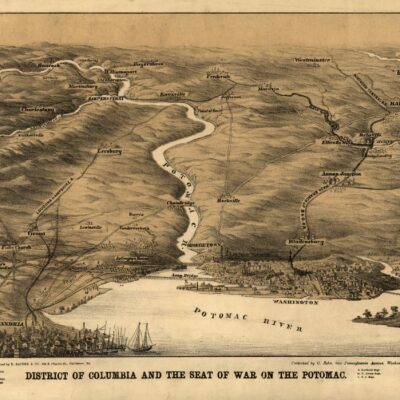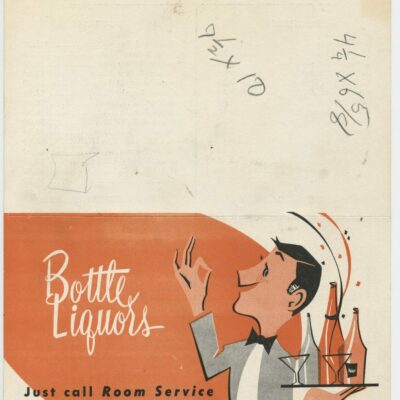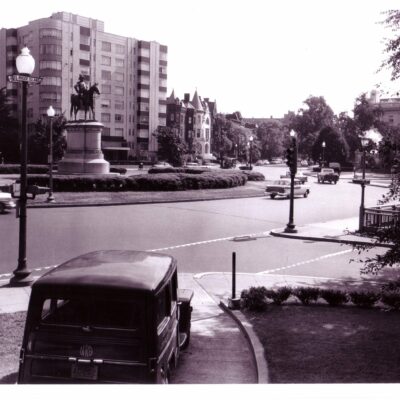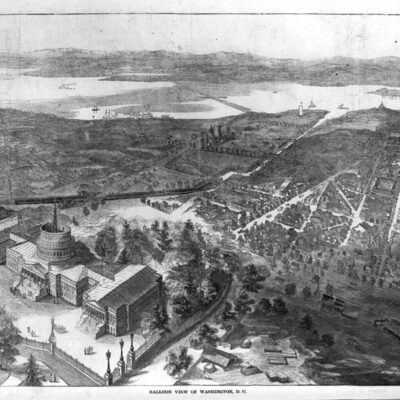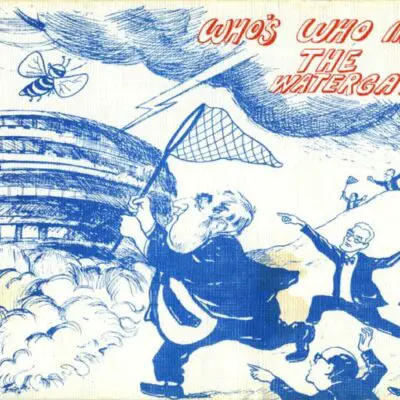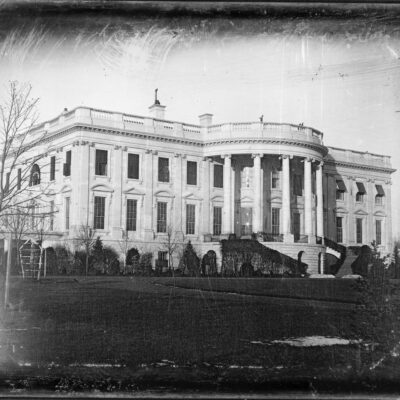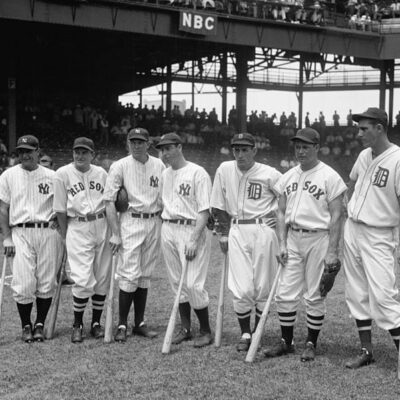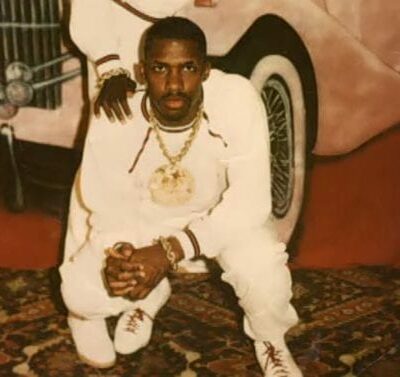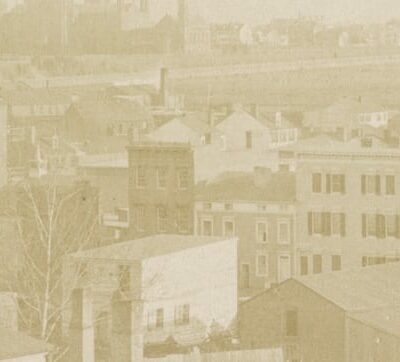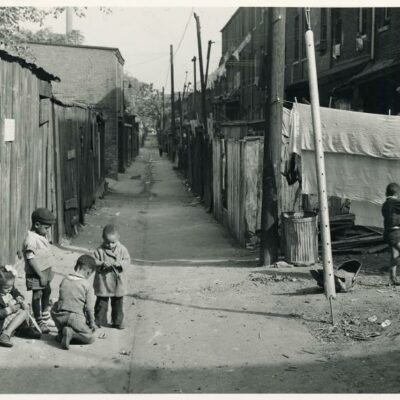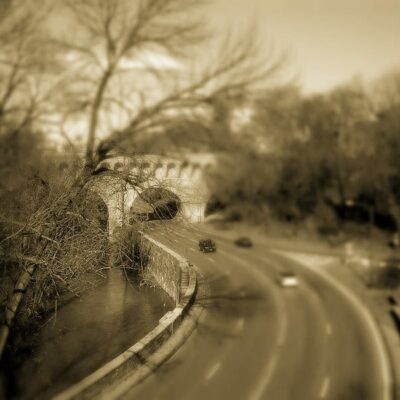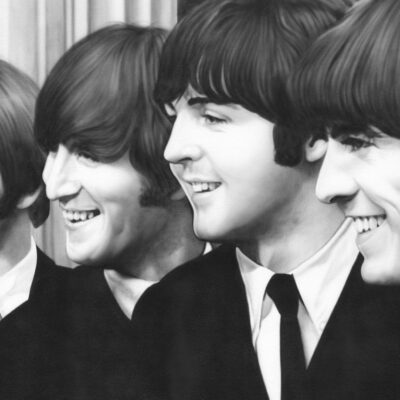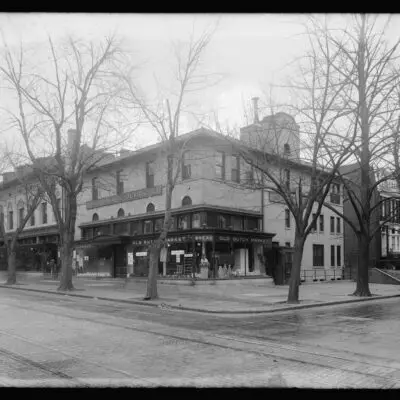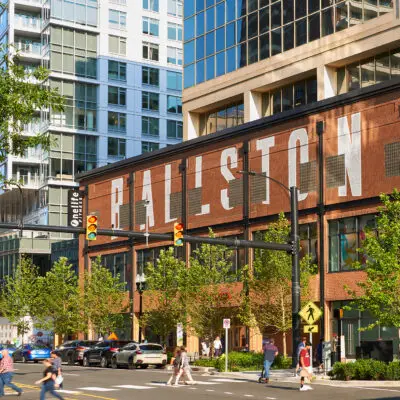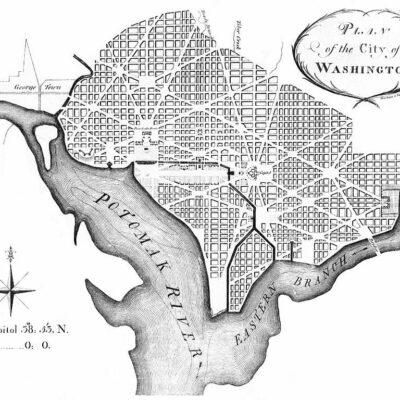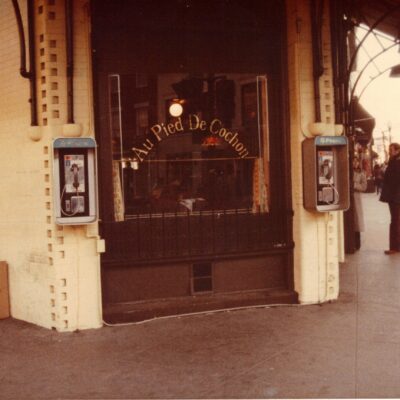April 10th, 1865 — Robert E. Lee and the Army of Northern Virginia had surrendered a day earlier at Appomattox Court House. The Civil War was over and the Union had been preserved.
Workmen from the Washington Navy Yard, accompanied by a band, visited Abraham Lincoln and Secretary of the Navy, Gideon Welles to congratulate them and celebrate the Union victory.
The President briefly addressed the men to thank them for their visit.
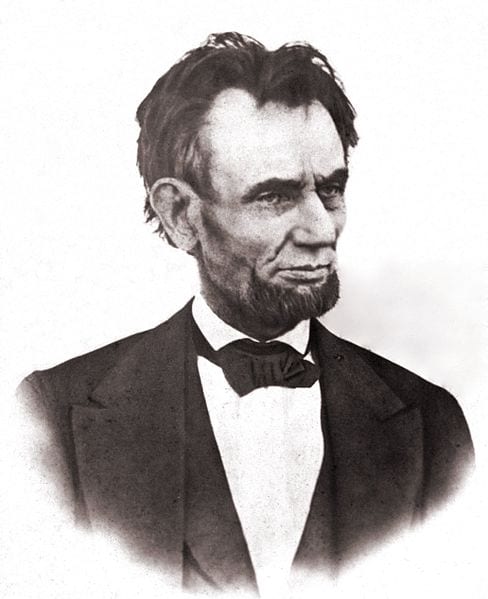
The workmen of the Washington navy-yard yesterday, headed by a band of music, visited President Lincoln, Secretary Welles and other public functionaries, to congratulate them upon the recent Union successes. The following is the speech of Mr. Lincoln:
I am very much rejoiced, my friends, in the fact that an occasion has occurred so pleasurable that the people find it impossible to refrain from giving vent to their feelings.–[Applause.] I suppose that arrangements are being made for a formal demonstration either this or to-morrow evening. [A voice–That’s too late.] Should such demonstration take place, I, of course, will be expected to respond, if called upon, and if I permit you to dribble all out of me now, I will have nothing left to say on that occasion. [Laughter and applause.]
I observe that you have a band of music with you. I propose having this interview closed by the band performing a particular tune, which I will name. Before this is done, however, I wish to mention one of two little circumstances connected with it.
-ad 197-I have always thought that “Dixie” was one of the best tunes I had ever heard. Our adversaries over the way, I know, have attempted to appropriate it, but I insist that on yesterday we fairly captured it. [Applause.] I referred the question to the Attorney General, and he gave it his legal opinion that it is now our property. [Laughter and loud applause.] I now ask the band to favor us with its performance.
The band immediately complied amid the cheers of the crowd.
The next day, Lincoln was talking with his friend and biographer Ward Lamon and mentioned a disturbing dream he had a week earlier.
About ten days ago, I retired very late. I had been up waiting for important dispatches from the front. I could not have been long in bed when I fell into a slumber, for I was weary. I soon began to dream. There seemed to be a death-like stillness about me. Then I heard subdued sobs, as if a number of people were weeping. I thought I left my bed and wandered downstairs. There the silence was broken by the same pitiful sobbing, but the mourners were invisible. I went from room to room; no living person was in sight, but the same mournful sounds of distress met me as I passed along. I saw light in all the rooms; every object was familiar to me; but where were all the people who were grieving as if their hearts would break? I was puzzled and alarmed. What could be the meaning of all this?
Determined to find the cause of a state of things so mysterious and so shocking, I kept on until I arrived at the East Room, which I entered. There I met with a sickening surprise. Before me was a catafalque, on which rested a corpse wrapped in funeral vestments. Around it were stationed soldiers who were acting as guards; and there was a throng of people, gazing mournfully upon the corpse, whose face was covered, others weeping pitifully. ‘Who is dead in the White House?’ I demanded of one of the soldiers, ‘The President,’ was his answer; ‘he was killed by an assassin.’ Then came a loud burst of grief from the crowd, which woke me from my dream. I slept no more that night; and although it was only a dream, I have been strangely annoyed by it ever since.
Three days later, the President and his wife attended the performance of Our American Cousin at Ford’s Theatre.
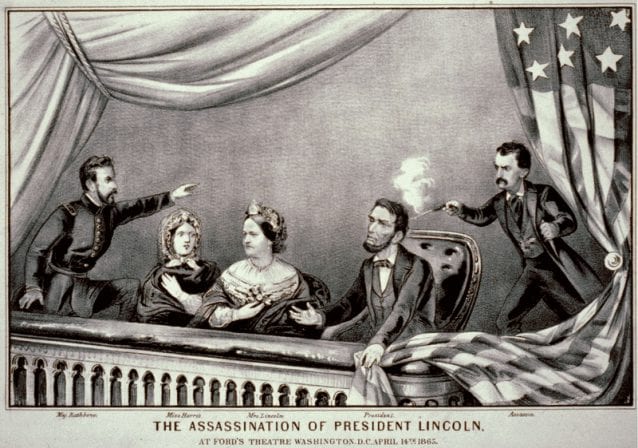
Related articles
- Abraham Lincoln in Color (1865)
- Mrs. Lincoln Hosts Grand Reception at the White House (abrahamlincolnandthecivilwar.wordpress.com)
- Robert Todd Lincoln Attends Dedication of His Father’s Memorial (1922)
- President Lincoln Combines Work with Pleasure (abrahamlincolnandthecivilwar.wordpress.com)
